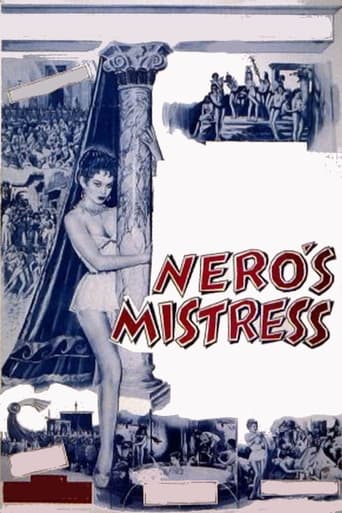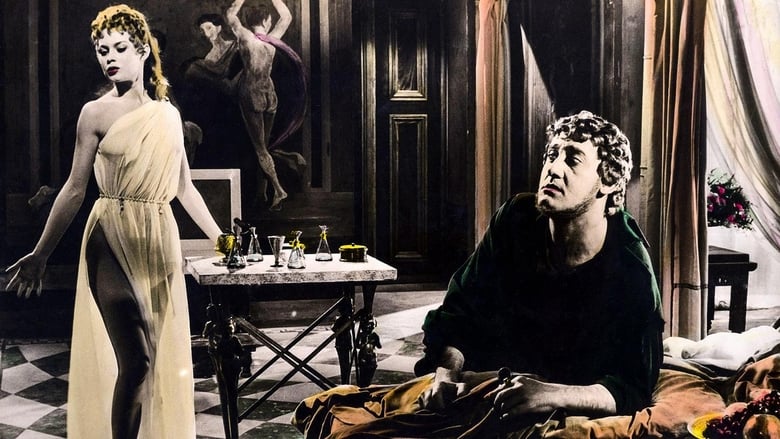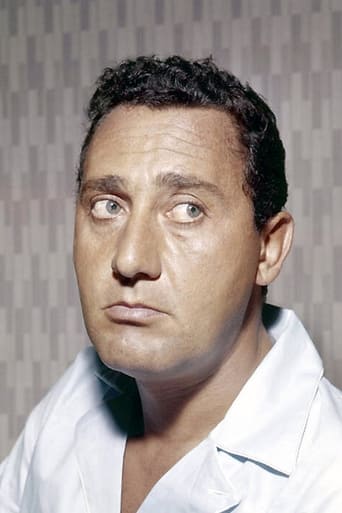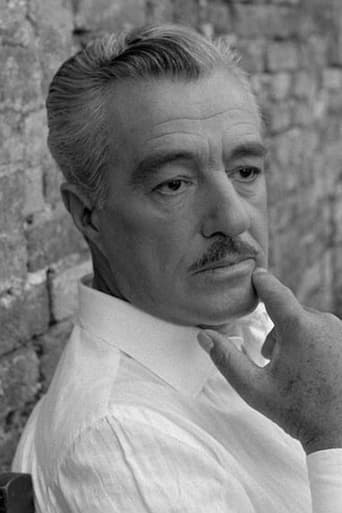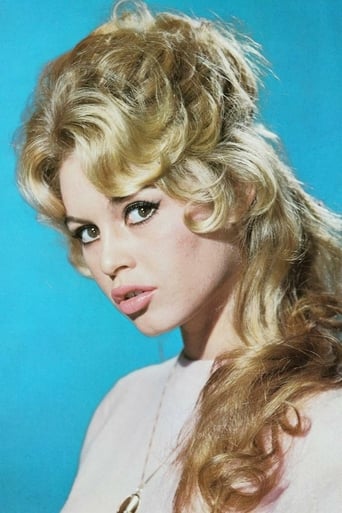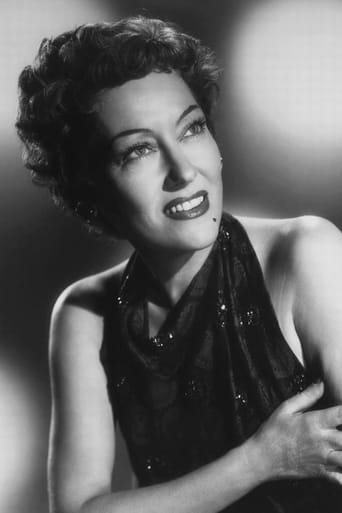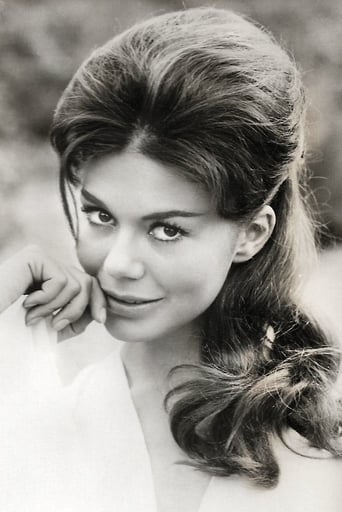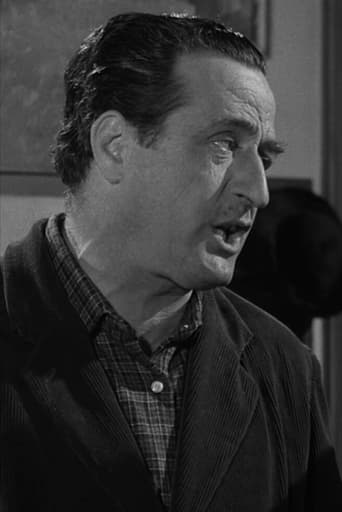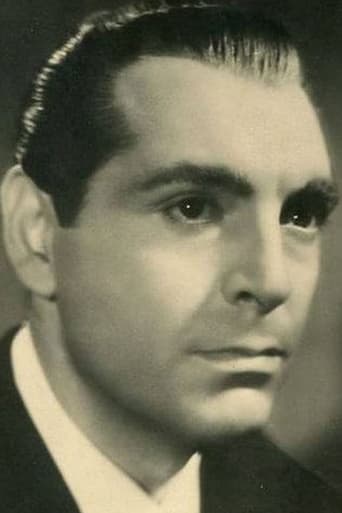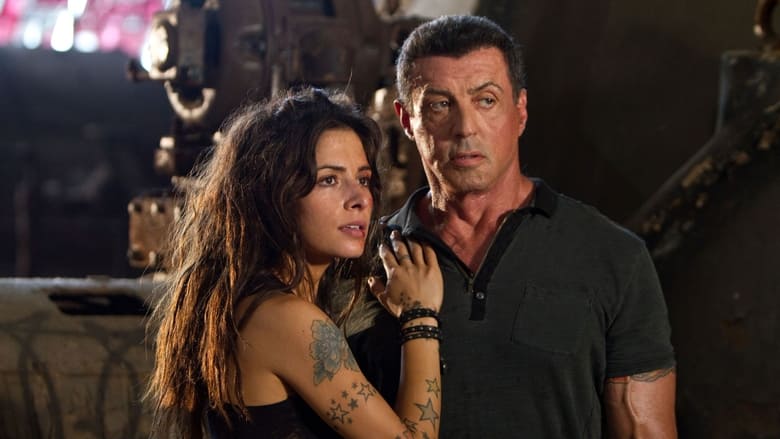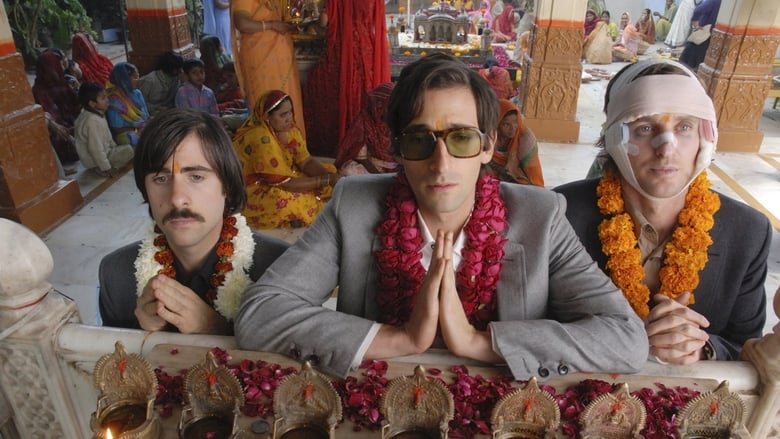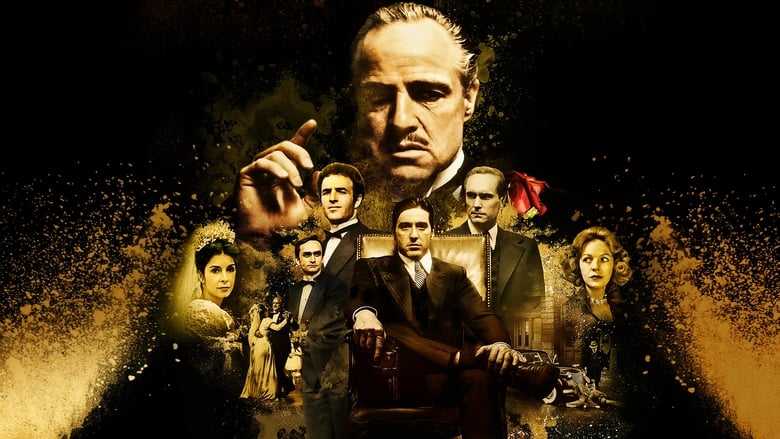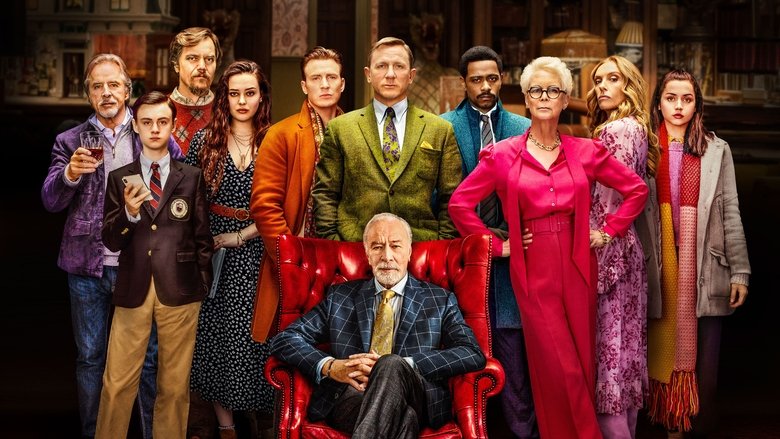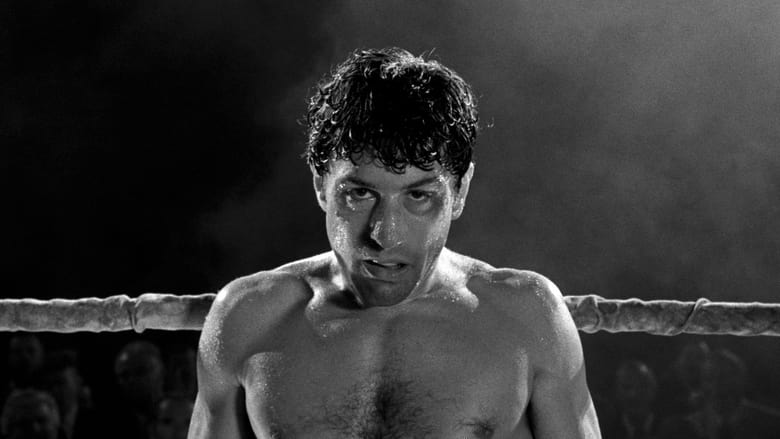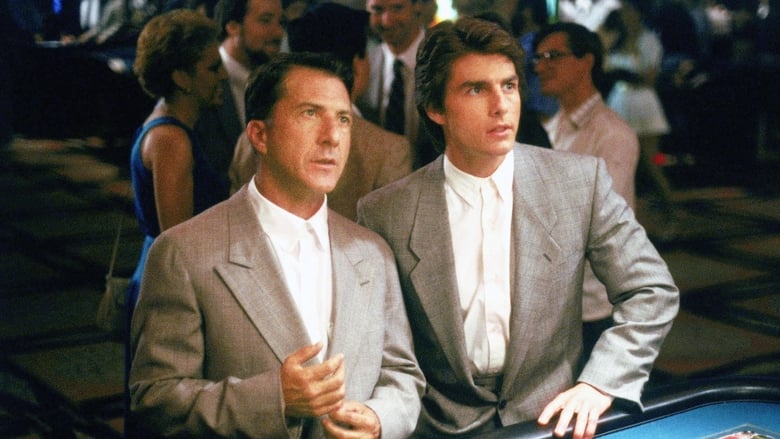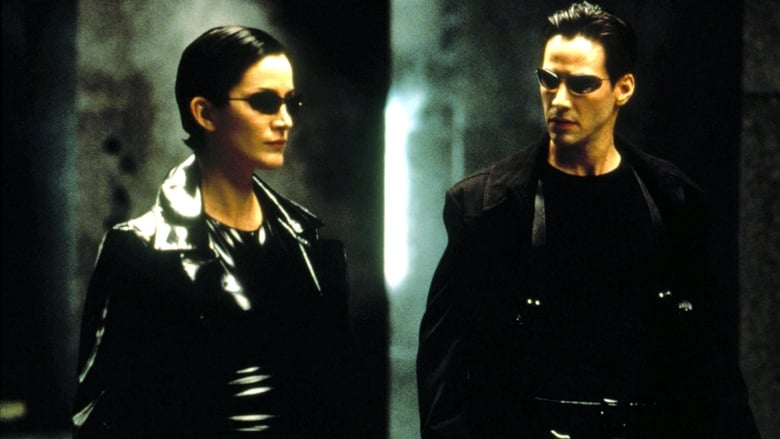Nero is on holiday at the seaside. Poppea, Seneca and many other guests are with him. Nero is preparing a great show where he will be the star. When Agrippina, his mother, arrives with her German praetorians and decides Nero has to conquer Britain, she is asking for trouble. Many attempts of murder and poisoning will happen on the eve of his great show.


Similar titles
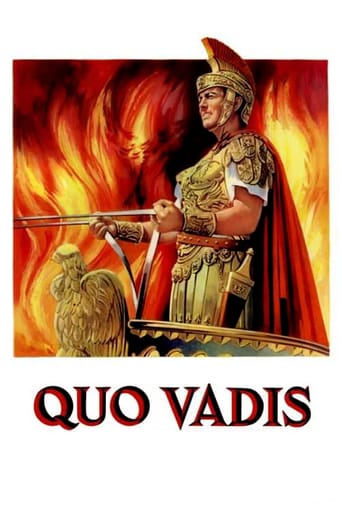
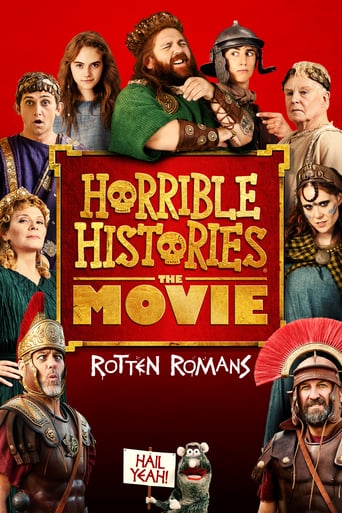
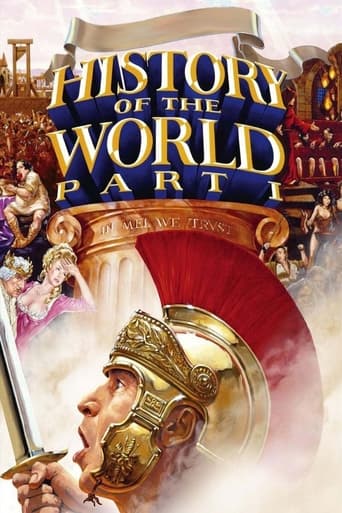
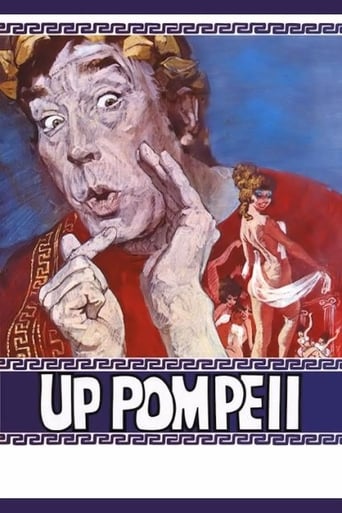
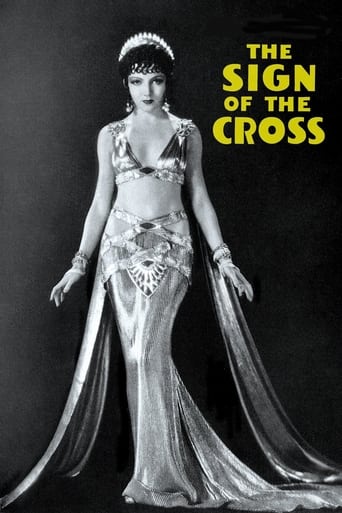
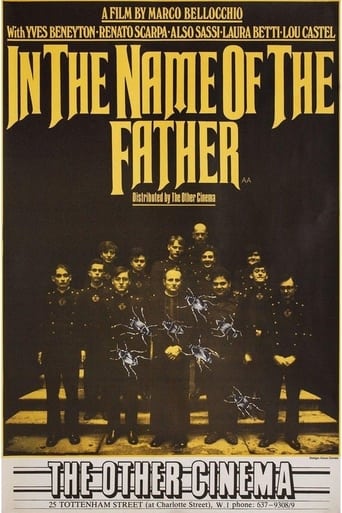
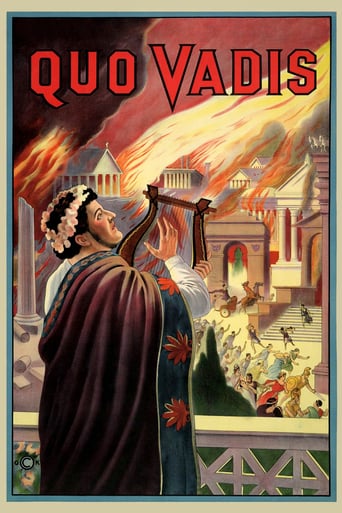
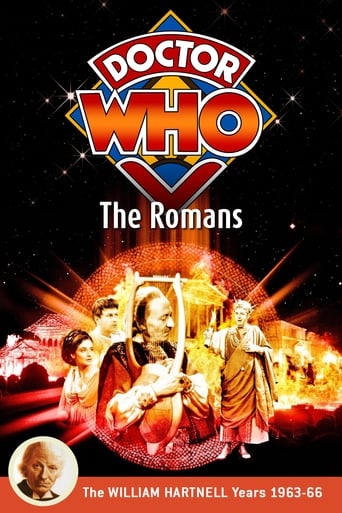
Reviews
As was the case with TWO NIGHTS WITH CLEOPATRA (1953), this Alberto Sordi vehicle lampoons the then-affluent peplum genre; helmed by another comedy specialist, it's a superior effort – with the star's particular brand of fooling (a mix of pompousness and naïveté) somewhat better suited this time around to the requirements of his role, that of notorious music-loving and mad Roman Emperor Nero.Besides, the film has an eclectic – and rather surprising – mix of talents, on both sides of the camera: in fact, it co-stars Vittorio De Sica (a great director but also a wonderful actor) as Seneca, Gloria Swanson (her renowned comeback in SUNSET BOULEVARD [1950], alas, didn't lead to much) as Agrippina – Nero's fearsome and domineering mother, Brigitte Bardot (on the verge of becoming an international sex symbol) as a rather ordinary-looking Poppea, and even future Hammer leading lady Barbara Shelley – though not in a prominent role, presumably, as one of the innumerable maidens at Nero's palace; and, then, there's horrormeisters Mario Bava and Lucio Fulci – here in the capacity of cinematographer and assistant director respectively! The film manages to be quite engaging and stylish (no wonder, given Bava's involvement)…even if it was rather a chore to watch, since the Italian TV channel which showed it has been suffering from a horrendous reception for some time! The simple plot involves Agrippina's unannounced arrival at Nero's resting quarters to verify rumors of his liaison with Poppea; Seneca, Nero's adviser, is assigned by the Emperor the task of stalling her at every turn…even if he has to marry her to do so! Of course, Nero is eager to flaunt his alleged musical genius and the bevy of associates and conspirators enclosed within the palace boldly hisses or meekly applauds his would-be compositions; at the end, distressed by rejection (especially by those closest to him) leads him to set the empire's capital on fire...
MS SWANSON is wonderful!!--She knows she's laying it on and lays it on great!! Today--when actresses can work about as long as the guys--she could have been a great comic actress, and really, was, she was an amazing woman!! When she made this movie, the stereotype of the over dramatic former silent film star actress was, of course, already firmly established. Instead of fighting against this stereotype, just as in SUNSET BOULEVARD, she plays it to the hilt.This suits the Marx Brothers style perfectly. Though in her late fifties at the time of this filming, she is still a very beautiful woman. Also, she had a shape,not just skin and bone like most actresses now days.
A very silly movie indeed. A spoof of Nero and ancient Rome. I loved Nero's elegiac song in the palace court, surrounded by the chubbykin cherubs. Nero to mamma Agrippina, "How beautiful you are," he says, as he plans to kill her and others who annoy him or stand in his way in this movie where everybody seems to have homicide on their minds and snakes in their hands. Nero's philosophy: "I have more important things than politics. I have to sing." Seneca turns the criticism of Nero's singing like a dog into a laudatory affirmation. This is all Marx Brothers mayhem, with the weirdest casting imaginable: Alberto Sordi as the demented Nero (perfect), Gloria Swanson as mom Agrippina (seething), Brigitte Bardot as gold-digger Poppea (lusty), Vittorio De Sica as Seneca (cautiously two-faced). The movie's release in America in a dubbed version was minimal, but it's really quite enjoyable.
The epoch of the Roman Empire has inspired many film makers to produce movies set in this age. This is one that'll never be matched. I do not mean that it is of a superb quality, but it stands out as being one of the very few films that make fun of this civilization. The storyline is quite thin - everyone makes his best to stop Nero from singing. Everyone tries to kill everyone: Nero tries to kill his mother Agrippina, Agrippina tries to kill Seneca and Poppea, these two in turn try to kill her too. Agrippina's trials always fail to work - the others' though, work every time. They put vipers in her bed, they give her poison to drink, they drop ceilings on her bed, they flood the ship on which she is travelling. But each time she always appears back as a demon from hell unable to die. Her appearance after each attempt is ghastly, especially the one after Nero orders her ship to be drowned - she appears in the palace dresses in a pale blue dress with lightning flashing behind her. Gloria Swanson is just about the best thing is this film. Her acting is superb as the plotting mother of the mad emperor. The charm she had in the 1920s is still present as late as 1956. Alberto Sordi is fine as the childish mad emperor, Vittorio de Sica is funny as the all-sapient Seneca while Brigitte Bardot fits excellently as the bitchy, wealth-seeking Poppea. All in all it is a fine comedy set in ancient times, bound to be enjoyed by those who watch it.
